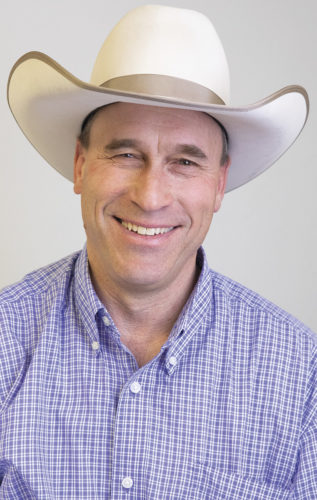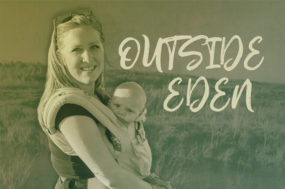He’s not too different from a lot of the good folk around the cow business, wherever they may be in the country. He has, however, developed a flaw. He is a horse snob.
He’s got his little band of brood mares and his near-perfect stud horse that, of course, “won some money” in the reining world a few years back.
He has studied and knows the pedigrees of every quarter horse this side of Doc Bar and the Mississippi River.
While I am far from being patient enough or interested enough in the details to become a bona fide horse snob, being around such people has given me a touch of snobbery. I too, like to have a horse that may be fancier than my neighbor’s horse.
Several years ago, I knew a guy who was a genuine horse snob. He was always trading, buying and selling horses.
To his credit, he never had possession of many horses that weren’t real lookers. Just like many of their human counterparts, though, the real lookers don’t always have it all together between the ears.
Who among us, past the age of 30, hasn’t tried to date or marry one of those at one time or another?
Anyway, I started a few young horses for this guy and took notice of all the nice horses he always had around his place.
He convinced me to partner with him on a super-pretty, dark bay gelding that he had come across. As fancy as he was, we’d surely be able to double our money in a year. The horse was a 3-year-old and had barely been touched.
He was pretty rank for the first couple of weeks. When we finally got some semblance of a handle on him, he was smooth and athletic, and he could really walk out.
The biggest trouble with him was that you never knew when he was going to bust in two. He was an honest bucker and didn’t have too many counterfeit moves, so he was pretty easy to ride.
He’d just put his head down and buck straight across the field for 100 yards or until he came to a fence.
Then he’d be done with the nonsense for a while, but you never knew when he was going to do it. I was sure, though, that I’d eventually break him of the habit.
It was late in the fall, the weather had started to turn cold, and we were still out several pairs on the mountain. I took the boss’s kids, loaded some horses and set out in search of the missing few.
We rode to the head of the canyon where we figured the cows were. I sent the kids down one draw and told them to ride to the truck and push any cows they found to the bottom.
They were then to drive the truck around to the mouth of another canyon, where I would meet them.
I’d been on Crazy Bay all day without any problems at all. About an hour before dark, as I was heading down a steep trail, making my way to the pickup and trailer, the stupid gene kicked on in the horse’s brain, and he went into his idiot routine.
What wasn’t much of a deal in a hayfield turned into a treacherous wreck on a slick, snowy mountain cow trail. I rode him for as long as I dared, and finally figured my best bet was to abandon ship.
To my right was the brush-covered hillside. To my left was a steep 15-foot drop to the rocky creek below. I somersaulted off the right side of the horse into a chokecherry tree just as he went tail over teakettle 50 or 60 feet down the trail.
When I got my wits about me and decided I had no worse than a sprained ankle and twisted knee, I staggered down to where the horse had landed.
The saddle had slid up on his neck, and his front foot was stuck in the breast collar, preventing him from getting up. I took the saddle off and let him up, then re-saddled him and rode him down to an anxious group of kids waiting in the dark in the truck.
The only thing different about the horse seemed to be his humility and a little stream of dark red blood that dripped down one nostril. I thought that maybe he had learned his lesson.
The next morning, I noticed that his nostril still had a tiny stream of blood dripping from it. Otherwise, he looked fine, but he did seem to be a lot calmer than usual.
I figured I had finally “rode the rough off of him.” Indeed, I had, because several days later he was dead, the victim of apparent internal bleeding.
I learned a couple of lessons from Crazy Bay. First, I’m not cut out to be a horse snob. Secondly, the horse and I both learned that you eventually reap the benefits or suffer the consequences of your behavior.
It may be fun to buck across the hayfield, but it’s best to keep wild oats unsown. FG










